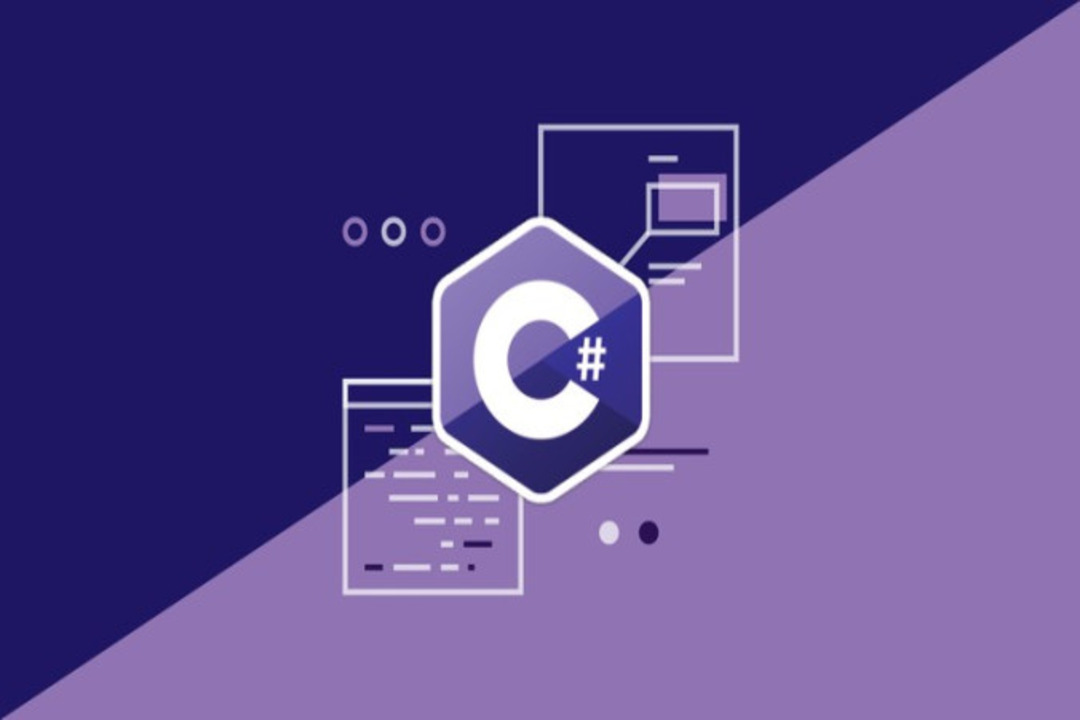Course Description:
This course is designed to introduce students to the C# programming language, the .NET Framework, and fundamental programming concepts. Students will learn C# syntax, data types, control structures, object-oriented programming, and develop skills to create Windows and console applications.
Prerequisites:
Basic computer literacy
No prior programming experience required
History and significance of C#
Setting up the development environment (Visual Studio or similar)
Your first C# program
Introduction to .NET Framework
Variables and data types
Constants
Operators
Input and output with Console
Conditional statements (if, else, switch)
Looping (while, for, foreach)
Break and continue statements
Function basics
Function parameters
Return values
Function overloading
Arrays
Lists and other collections
Working with collections
Iteration and manipulation
Introduction to classes and objects
Constructors and destructors
Inheritance
Polymorphism
Encapsulation and data hiding
Abstract classes and methods
Interfaces
Generics
Understanding exceptions
try-catch blocks
Custom exceptions
Handling errors and exceptions
Reading and writing files
File and directory manipulation
Serialization and deserialization
Introduction to Windows Forms
Creating, opening, and closing files
Event handling
Controls and layouts
Debugging techniques
Testing and code quality
Best practices in C# programming
Course Objectives:
-
Introduction to C# and .NET Framework: Understand the history and significance of C#,Set up a development environment with Visual Studio or a similar tool, Gain familiarity with the .NET Framework.
-
Basic Syntax and Data Types:Master C# syntax and semantics, Understand variables, data types, and basic input/output operations.
-
Control Structures and Loops: Apply conditional statements (if, else if, switch) and loops (while, for, foreach), Develop logical thinking and problem-solving skills through programming exercises.
-
Functions and Modular Programming: Design, declare, and use functions in C#, Understand function parameters, return values, and function overloading.
-
Object-Oriented Programming (OOP) Basics: Understand classes, objects, constructors, and destructors, Apply encapsulation, inheritance, and polymorphism principles.
-
Advanced OOP Concepts: Explore abstract classes, interfaces, and other advanced OOP features.
-
Collections and LINQ:Use C# collections (lists, dictionaries, etc.) and understand LINQ (Language-Integrated Query).
-
Exception Handling:Understand the importance of exception handling in C#, Implement try-catch blocks and create custom exceptions.
-
File Handling and Streams:Work with file input and output operations in C#, Utilize file streams for reading and writing data.
-
Asynchronous Programming: Introduce asynchronous programming concepts and the `async` and `await` keywords.
-
Debugging and Testing:Develop effective debugging techniques in C#, Understand testing methodologies for code reliability.
-
Debugging and Testing:Develop effective debugging techniques in C#, Understand testing methodologies for code reliability.







